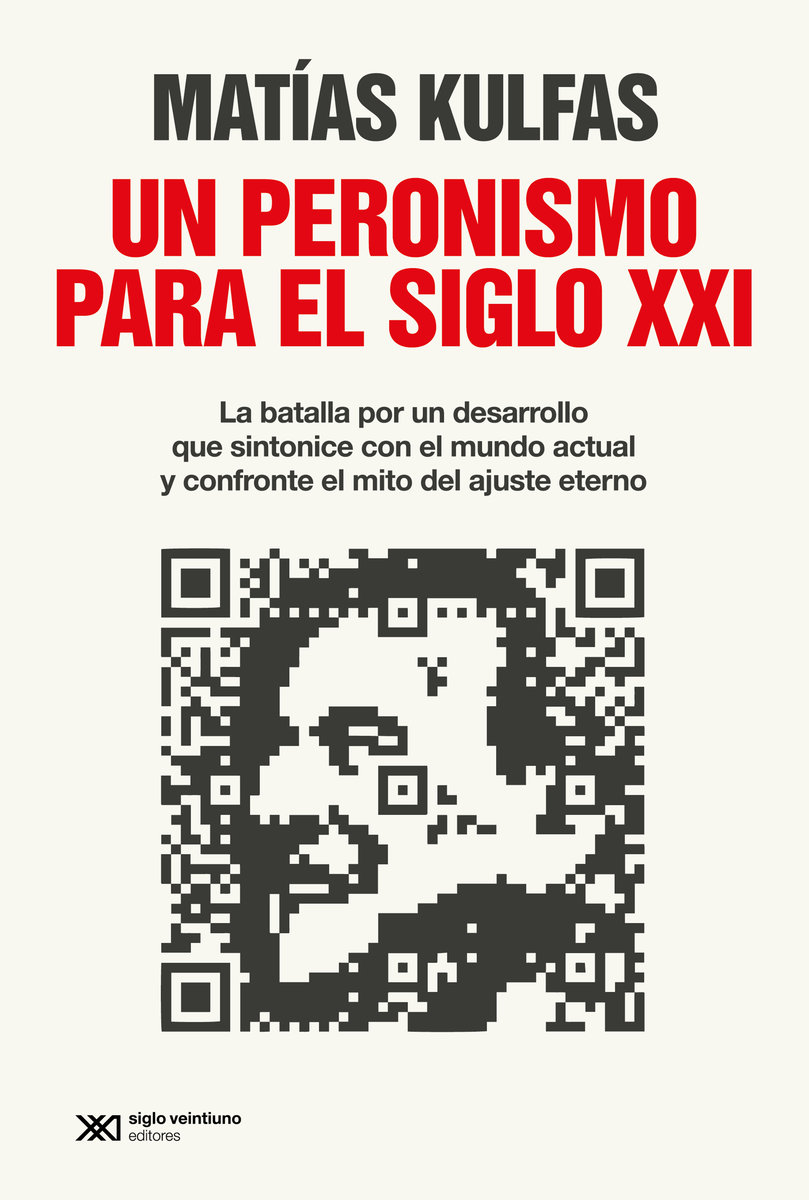¿Estamos condenados al éxito? No, pero tampoco a las recurrentes crisis que dejan a cada vez más personas a la intemperie. ¿Y si algunas claves para romper la lógica del péndulo de la economía argentina estuvieran en el peronismo?¿En el peronismo? ¿El mismo movimiento cuyos dirigentes gobernaron buena parte de las últimas décadas? En un logrado ejercicio de análisis histórico y económico que no elude la autocrítica, Matías Kulfas argumenta que en los valores originales de la economía peronista -la centralidad del bienestar de los trabajadores, la justicia social y el desarrollo productivo- puede encontrarse el germen de un modelo de desarrollo para la Argentina del siglo XXI, si esos valores se aggiornan para tomar nota de los cambios en el mercado laboral, la industria y el orden internacional.En un recorrido que abreva también en su propia experiencia en la función pública, Kulfas demuestra cómo en distintos momentos de su historia el peronismo fue versátil para encontrar soluciones en coyunturas críticas, pero desde luego chocó contra obstáculos habituales en la vida económica argentina. Son los "solublemas" que el autor repasa: la inclusión termina haciendo tambalear el orden macroeconómico, el desarrollo industrial se frena por la restricción externa, la capacidad de adaptación política se combina con inconsistencias que llevan al fracaso del proyecto en el poder.¿Qué significa la justicia social en el actual mercado laboral, precarizado y tecnologizado? ¿Puede la llamada "economía informal" ser creadora de empleo? ¿Cómo combinar el desarrollo industrial con las ineludibles políticas verdes? Por ejemplo, dice el autor, sumando a las discusiones al sector empresario -sí, también al campo-, incluyendo a los gobiernos provinciales -no importa de qué signo político-, haciendo alianzas internacionales que no estén guiadas por el esnobismo y la estrechez de miras, sino por las necesidades y ventajas argentinas.¿Es posible repensar un peronismo para el siglo XXI? Este libro -apto para peronistas, para quienes no lo son ni lo serán, para quienes lo observan con interés y curiosidad- se atreve a proponer cambios de rumbo para un movimiento que se acerca a un nuevo punto de quiebre en su historia. Y es al mismo tiempo un llamado a la sensatez de toda la clase política.


